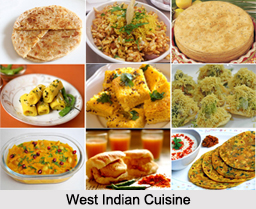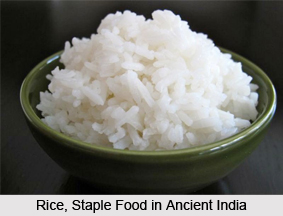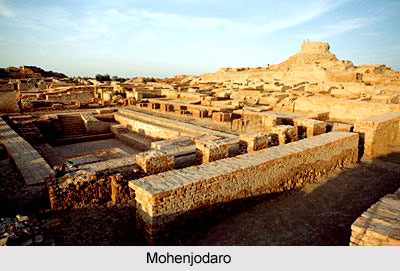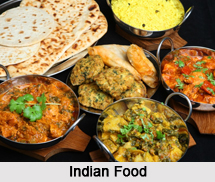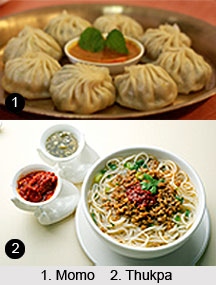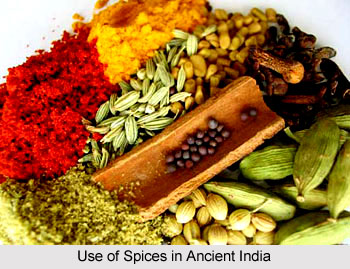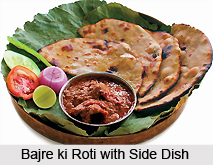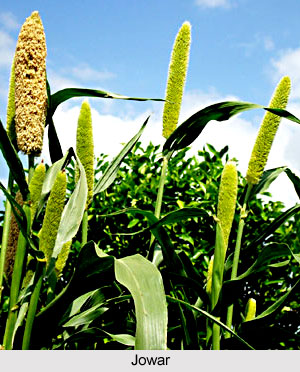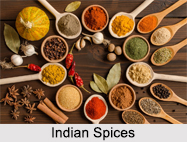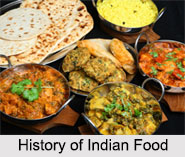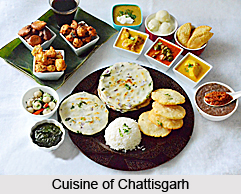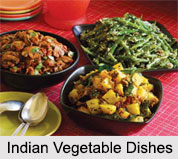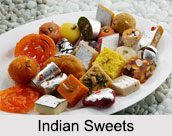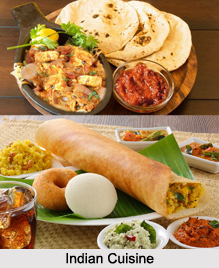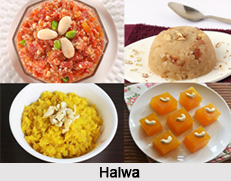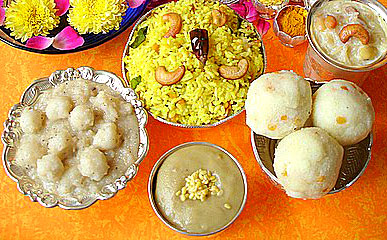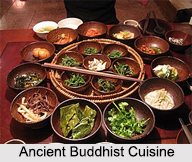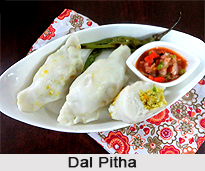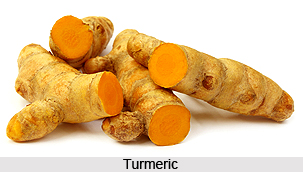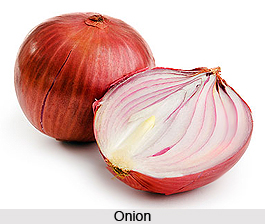 Botanical name:Allium cepa Linn.
Botanical name:Allium cepa Linn.
Family names:Liliaceae.
Indian namesare as follows:
Hindi, Punjabi and Urdu:Piyaz
Assamese:Piyaz
Bengali:Penyaz
Gujarati:Dunzari
Kannada:Nirulli
Konkani:Kandu
Malayalam:Bawa
Marathi:Kanda
Oriya:Piyaza
Sanskrit:Palandu
Sindhi:Dungari
Tamil:Vengayam, Irulli
Telugu:Nirulli.
Mild onions are used for cooking or as salad. Pungent varieties are used as condiment for flavoring a number of food items. Pearl onion or small onions are used in pickles, including vinegar pickles. For dehydration purposes and for manufacture of onion powder, white onions of desired quality are preferred.
The desirable traits needed in onions for dehydration are white colored flesh, full globe to tall global shape of bulbs with 5 to 6 cm diameter, solids content around 15%; preferably 20%, high degree of pungency, high yield, good keeping quality, freedom from joints, disease free.
Onion powder is prepared by grinding the dehydrated onion slices in hammer mill to a suitable mesh. It is highly hygroscopic and hence the important precaution regarding its storage is to keep it in airtight containers in a cool, dark and dry place failing which it may absorb moisture, become granular, cakey, and pasty and ultimately get mould attack.
Onion salt is prepared by mixing 19 to 20% onion powder with 78% free flowing pulverized refined table salt and 1 to 2% anticaking agent which prevents water absorption, caking etc.
Dehydrated onions, onion flakes, kibbled onion and onion powder are used for flavoring ketchups, sauces, even pickles.
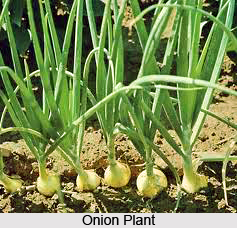 Composition of onion and onion powder is discussed below. Big onion contains:
Composition of onion and onion powder is discussed below. Big onion contains:
Moisture:86.8%
Protein:1.2%
Fat:0.1%
Carbohydrates:11.6%
Calcium:0.18%
Phosphorus:0.005%
Iron:0.7 mg/100 gram.
The bulb and fresh herb yield 0.005% of an essential oil, which has an acrid taste and unpleasant odor. The chief constituent of the crude oil is allyl-propyl disulphide.
Composition of onion powder is:
Moisture:4.6%
Protein:10.6%
Fat:0.8%
Fiber:8.4%
Carbohydrates:74.1%
Total ash:3.5%
Calcium:0.3%
Phosphorus:0.29%
Sodium:0.04%
Potassium:1.0%
Vitamin A:175 i.u/100 gram
vitamin B1:0.42 mg/100 gram
Vitamin B2:0.06 mg/100 gram
Nicotinic acid:o.6%
Vitamin C:14.7 mg/100 gram
Calorific value:370 calories/100 gram.
Onion is considered as a flavoring spice particularly to hide certain repulsive odor especially in non-vegetarian dishes. In India, surprisingly onions including its leaves are considered as non-vegetarian. It is consumed raw with salads, often as side dish. Smaller onions are pickled with or without vinegar. They are baked, boiled and fried. Its tubular leaves are cooked and eaten like any other green leafy vegetables. It is reported that the leaves are rich in vitamin A. in this era of fast food both the bulb and the leaves are gaining popularity.
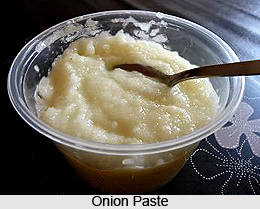
Dehydrated onion is increasingly becoming popular as spice and for various other applications. It is easy to pack, quality controlled and transported easily for global destinations. In the process it shall also establish a number of processing units in rural areas ensuring generation of employment and value addition to increase social economic value.
The dehydrated onion can be further value added by producing onion powder. Down the line it shall automatically generate employment and add to the value chain. Both dehydrated onion and onion powder is extensively used in pickles, curries, sauces, medicines and so on in place of fresh onion.
Onion juice is also gaining popularity. It is also used for identical purposes as above. Advantage of using dehydrated onion, onion powder and onion juice is exact and measured amount can be added while consuming them. Therefore, onion juice units may also be established in rural areas generating employment.
The pink colored peel on the onion, which is usually thrown away has also some commercial value. It is an excellent natural dye. When world today has preference for natural dye this waste product may come handy for our need. It gives fast color on cotton, silk and woolen garments or fabrics.
Onion has a lot of medicinal virtues. Because of the presence of several sulphur compounds, onion has antiseptic properties. This may be utilized for manufacturing many herbal medicines. Onion is said to possess stimulant, diuretic and expectorant properties and is considered useful in flatulence and dysentery. Freshly expressed onion juice has moderate bactericidal properties. Onion paste is reported to be effective for external applications in case of insect bites. Therefore onion paste can be marketed with proper packing to be used for food preparations as well as medicines.
